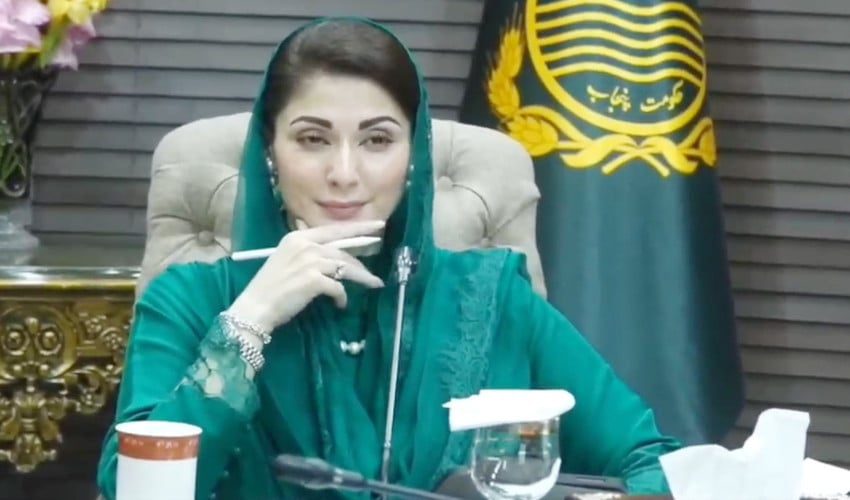
LAHORE: Punjab Chief Minister Maryam Nawaz has declared that the latest International Monetary Fund (IMF) programme will be Pakistan’s final arrangement with the global lender. In her statement, Nawaz emphasized that the country’s economy is on the verge of a significant turnaround and is poised to emerge as an economic powerhouse.
Nawaz praised the IMF’s positive response as a boost for economic growth, noting that the new programme will be the last one needed. She credited Prime Minister Shehbaz Sharif and his team for their pivotal role in navigating the economic crisis. “The leadership’s efforts have been unforgettable in addressing our economic challenges,” she remarked.
Highlighting the impact of recent economic measures, Nawaz pointed out that the reduction in the policy rate is expected to stimulate business activity and bolster investor confidence. She praised the drop in inflation, which has led to the lowest prices for essential food items in Punjab compared to other provinces, providing significant relief to the public.
Earlier on Thursday, the State Bank of Pakistan (SBP) announced a 200 basis points cut in the federal interest rate, lowering it to 17.5%. This decision followed a sharper-than-expected decline in inflation, with the headline rate falling to 9.6% in August from 12.6% in June, and core inflation decreasing to 11.9%. The rate cut reflects falling global oil and food prices and a delay in anticipated energy price hikes.
Despite this, the SBP has cautioned about potential risks arising from global economic volatility and domestic energy adjustments. The central bank’s foreign exchange reserves currently stand at $9.5 billion, with a GDP growth forecast of 2.5% to 3.5% for fiscal year 2025. However, tax collection has lagged behind targets, putting additional pressure on fiscal policy.
#MaryamNawaz, #IMFDeal, #EconomicStability, #InvestorConfidence, #PunjabEconomy, #InterestRateCut, #SBP, #InflationReduction, #EconomicGrowth, #FederalInterestRate, #ShehbazSharif, #EssentialFoodPrices, #GlobalOilPrices, #FiscalPolicy, #GDPGrowth



